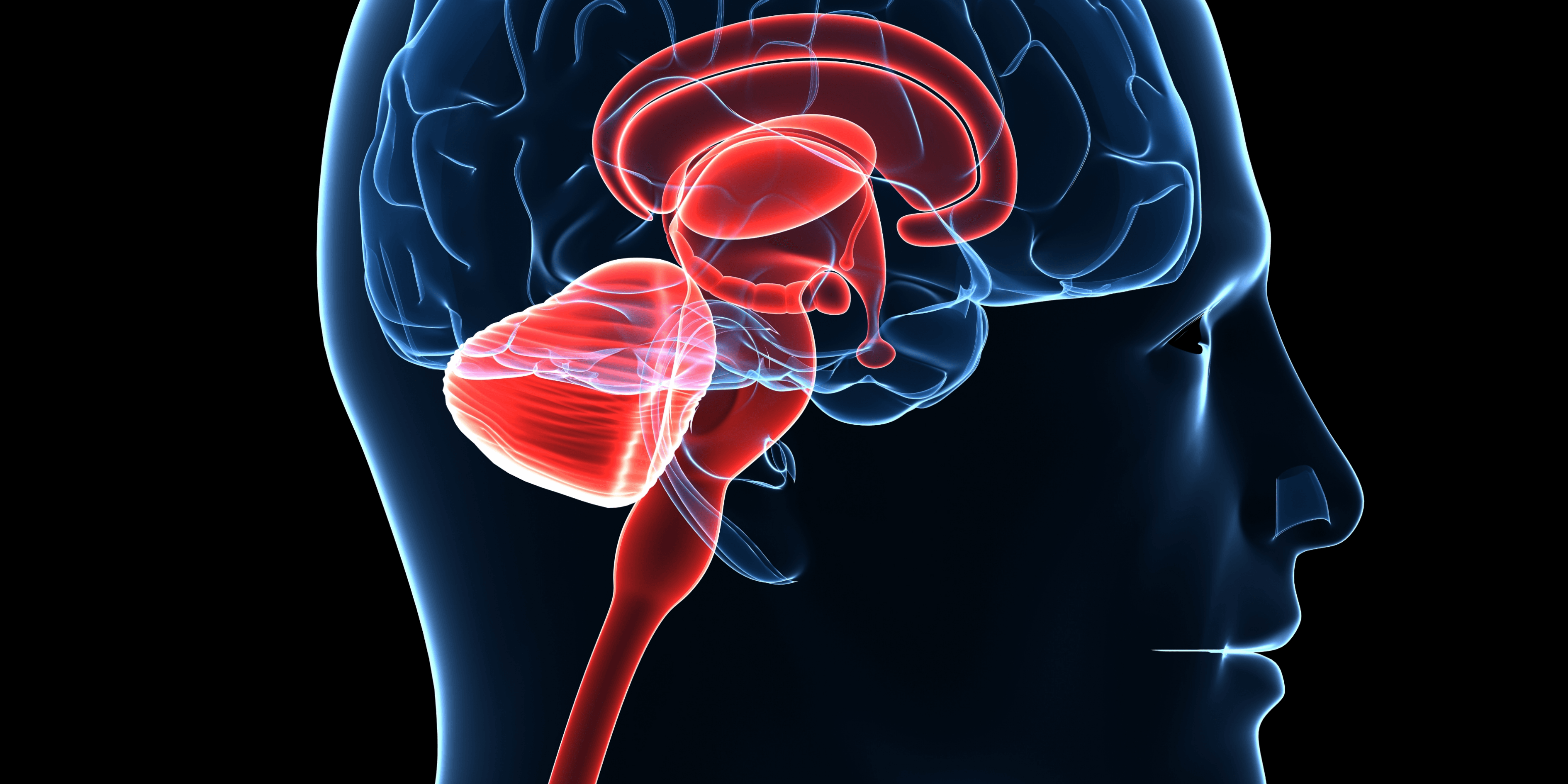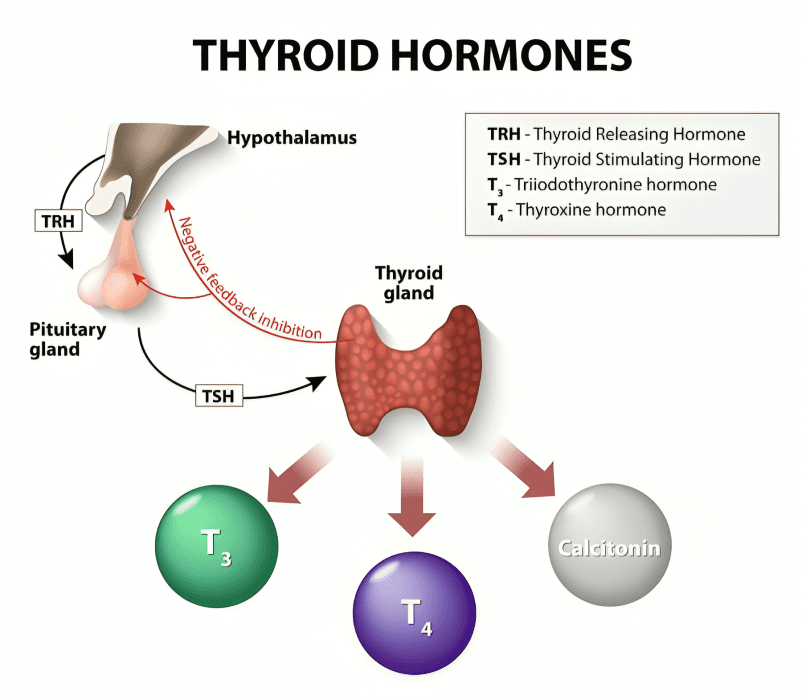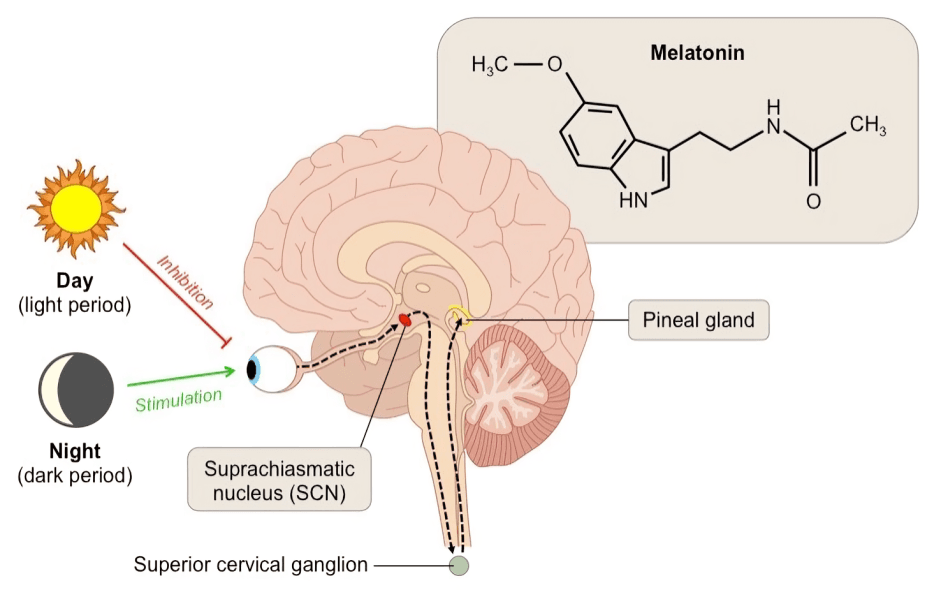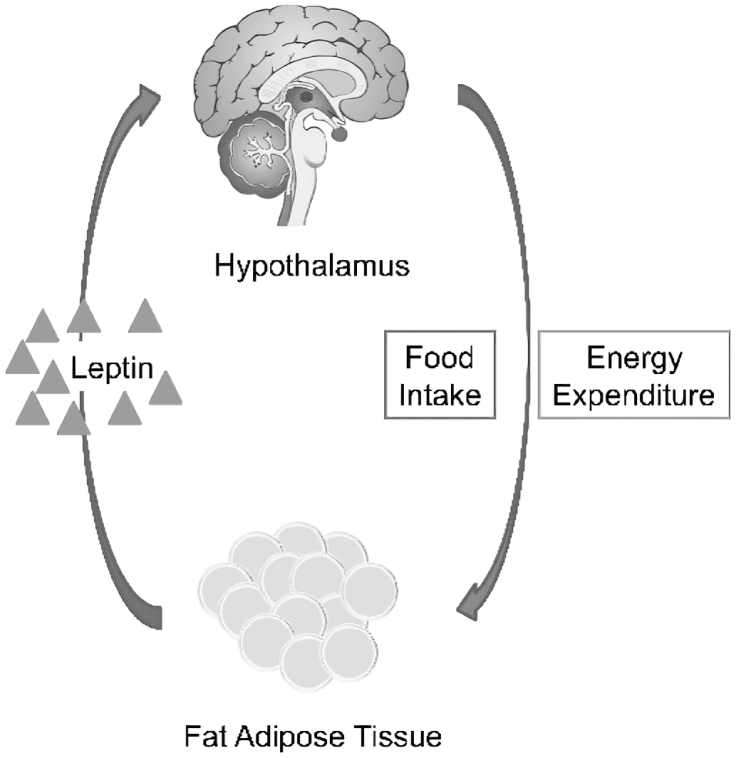
“
The hypothalamus is a tiny yet powerful region in the brain that plays a crucial role in maintaining hormonal balance across the body. Hormone regulation by the hypothalamus involves controlling other endocrine glands through chemical signals and adjusting body temperature, appetite, circadian rhythms, and stress responses. 1
1
”
The hypothalamus releases corticotropin-releasing hormone (CRH), which triggers the pituitary to produce ACTH, initiating the body’s stress response by activating the adrenal glands to release cortisol. 1
It produces gonadotropin-releasing hormone (GnRH), essential for regulating fertility by stimulating the pituitary gland to secrete LH and FSH, which control sexual development and reproductive cycles. 2

Through thyrotropin-releasing hormone (TRH), the hypothalamus controls the thyroid gland’s activity, influencing metabolism, energy levels, and body temperature through a finely tuned hormonal feedback system.
Antidiuretic hormone (ADH), also known as vasopressin, is regulated by the hypothalamus and affects kidney function by managing water retention, thus maintaining body's hydration and blood pressure levels. 3
The hypothalamus regulates prolactin-inhibiting hormone (PIH), which helps control the secretion of prolactin from the pituitary gland, a hormone responsible for milk production during breastfeeding. 4
It regulates appetite through hormones like neuropeptide Y and leptin signaling, which influence feelings of hunger or fullness, playing a vital role in weight regulation and energy balance. 5
Oxytocin is produced in the hypothalamus and stored in the pituitary gland, promoting social bonding and uterine contractions during childbirth, showing its deep link with emotional and physical well-being. 6
Growth hormone-releasing hormone (GHRH) from the hypothalamus stimulates the release of growth hormone from the pituitary, which is critical for cell growth, tissue repair, and physical development during youth. 7
The hypothalamus acts as a thermostat for the body, adjusting hormone levels to maintain a stable core temperature, using signals from the skin and blood to activate heat or cooling mechanisms. 8

Melatonin production by the pineal gland is indirectly influenced by the hypothalamus, which detects light-dark cycles via the suprachiasmatic nucleus to regulate sleep-wake patterns and circadian rhythms.
It maintains homeostasis by controlling the autonomic nervous system and endocrine responses, ensuring balance in heart rate, digestion, and body temperature without conscious effort. 9
Hypothalamic dysfunction can lead to hormonal disorders like hypothyroidism, diabetes insipidus, or infertility, underscoring the gland’s role in orchestrating the body's entire hormonal landscape. 10
Islamic philosopher Avicenna highlighted the brain’s role in controlling body functions, laying early groundwork for future discoveries about hormonal regulation by the hypothalamus.11
It coordinates with the pituitary gland in a two-way communication known as the hypothalamic-pituitary axis, which forms the foundation of endocrine control in the human body. 12
The arcuate nucleus within the hypothalamus helps monitor hormone levels in the blood, using this feedback to adjust the release of regulating hormones, keeping the internal environment in balance. 13

Leptin, a hormone from fat tissue, sends signals to the hypothalamus about stored energy levels, influencing appetite suppression and energy use, a key process in long-term weight control.
The hypothalamus plays a role in regulating anger and aggression by affecting hormone levels, linking hormonal responses to emotional behaviors and social interaction patterns. 14
It influences blood glucose levels through hormonal signals that adjust insulin sensitivity and appetite, playing a part in metabolic diseases like obesity and type 2 diabetes when dysregulated. 15
Hypothalamic neuropeptides such as orexin help regulate wakefulness and alertness, playing a role in sleep disorders like narcolepsy when hormone signaling is impaired. 16
Psychiatric disorders such as depression and anxiety have been linked to dysfunction in hypothalamic-pituitary-adrenal axis activity, highlighting its role in both physical and emotional health. 17


